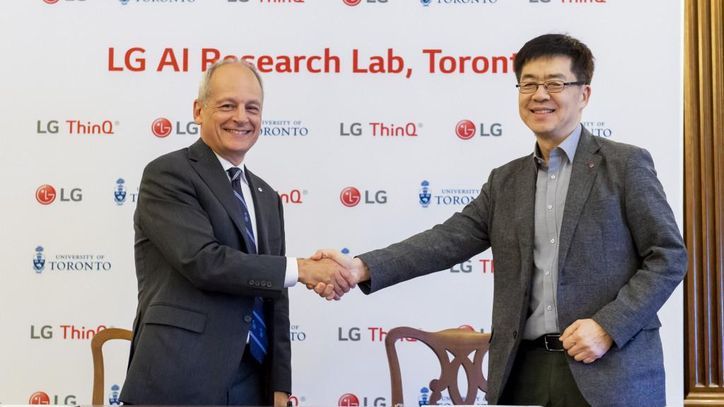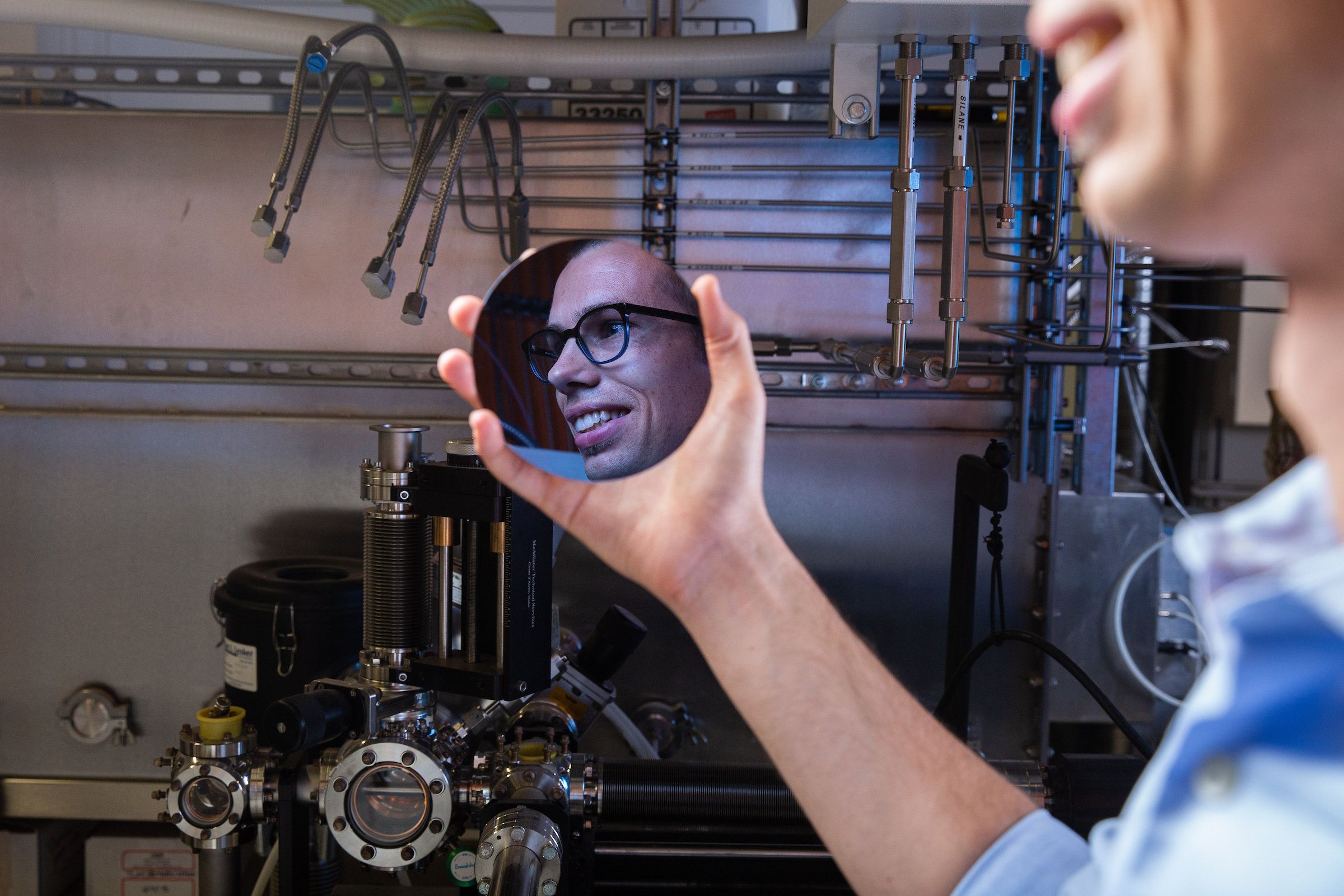The production problems Tesla has faced with its Model 3 have been well documented. Now, sources say the company is facing similar issues with its solar roof tile initiative. According to Reuters, former and current employees have revealed that assembly line problems, plus CEO Elon Musk’s exacting aesthetic demands, has delayed production, causing tension with partner Panasonic, and rattling officials that are keen to see a return on significant state investment.
The “Solar Roof,” produced at Tesla’s factory in Buffalo, New York, is designed to look like and function as a regular roof while also generating energy. According to sources, technical challenges have delayed production, as has Musk’s design plans. Speaking to Reuters, one source said that “Aesthetic look is the key point that Elon is not always satisfied with. That’s the big issue.”
Neither Tesla nor Reuters’ sources have revealed current production figures for the roof tiles, but the delays are such that Panasonic — which the initiative depends on for solar components — has been forced to find other buyers for the parts it had built to sell to Tesla. According to a former Panasonic employee, the company has been shipping “large volumes” of its photovoltaic cells as samples to other prospective buyers, due to low demand from Tesla. Panasonic declined to comment on the issue, stating only that it “believes Tesla will use Panasonic cells when it mass-markets the Solar roof.”







